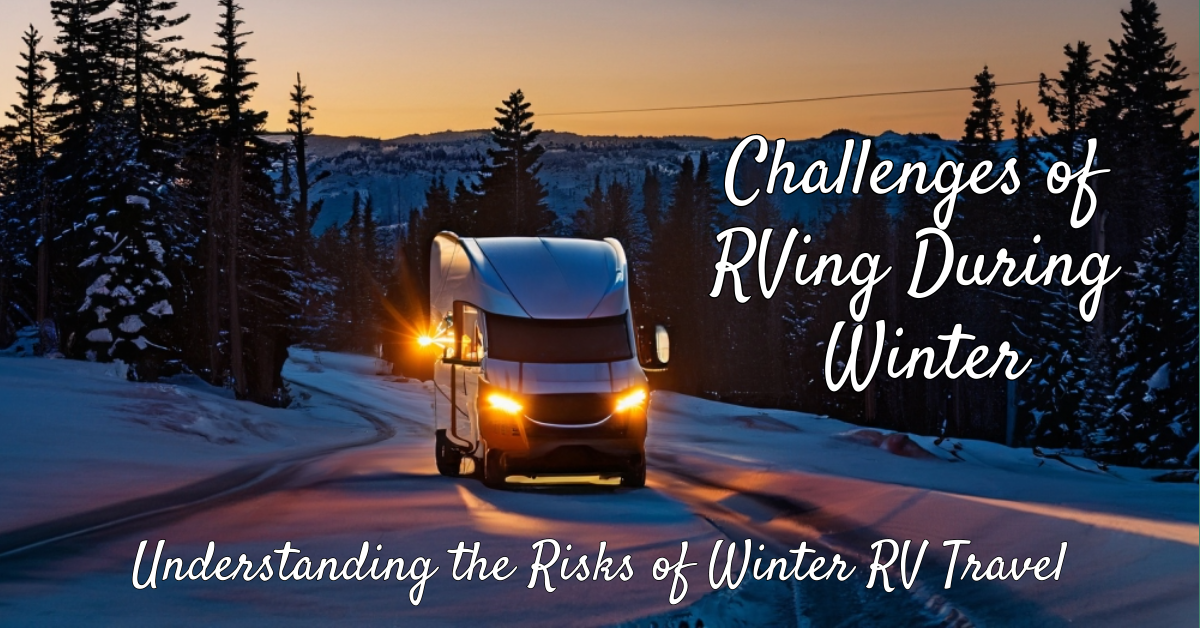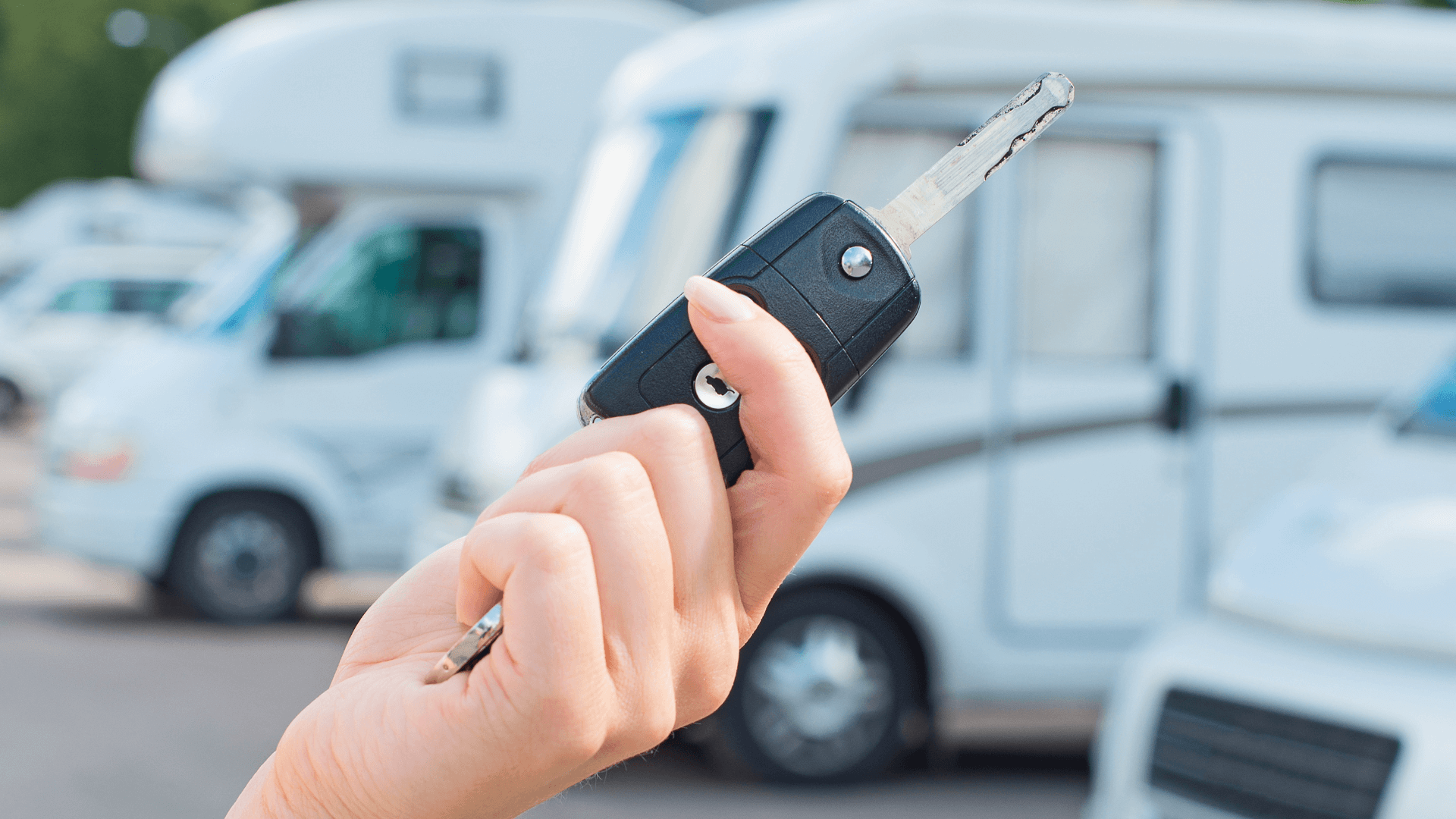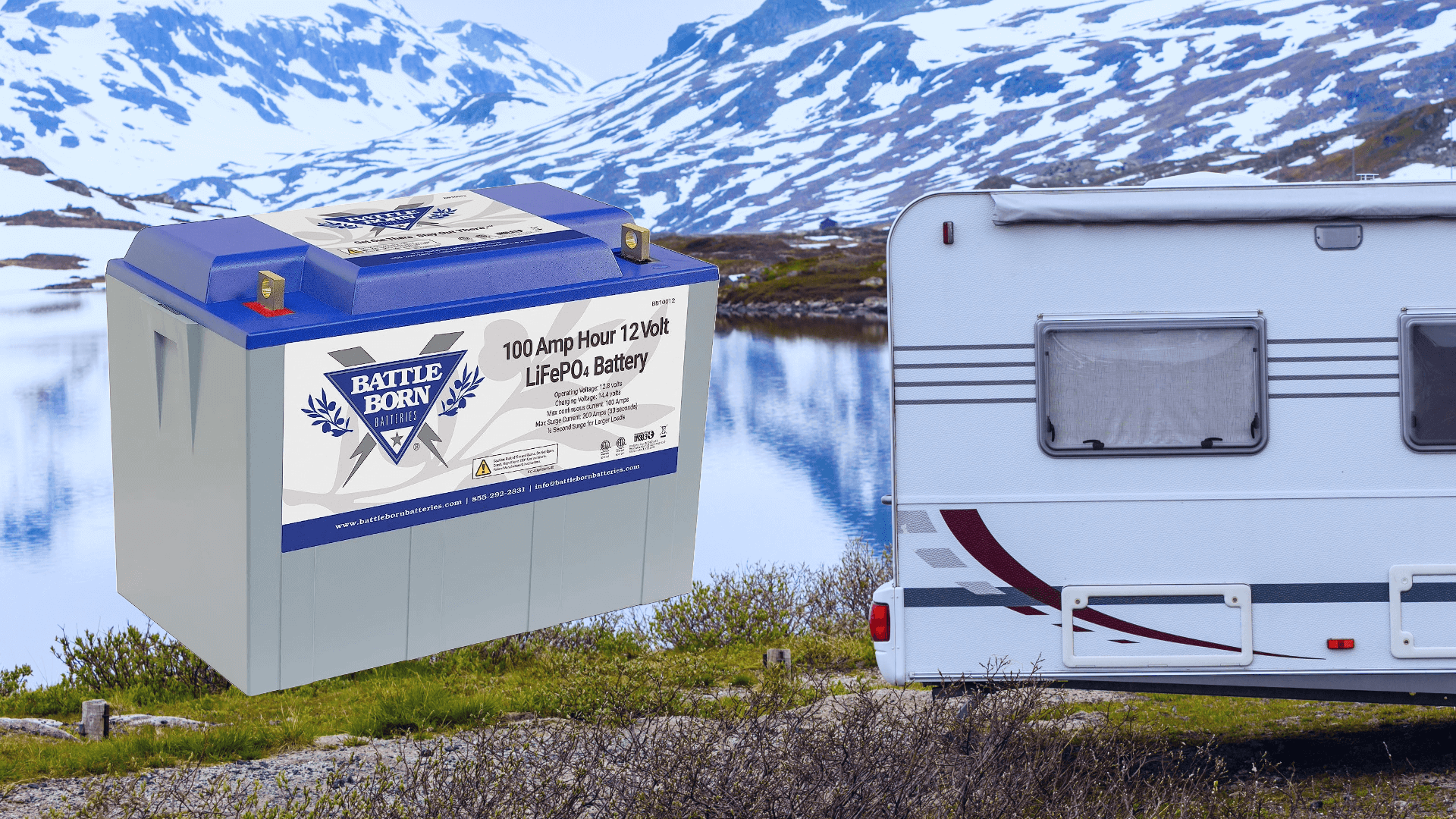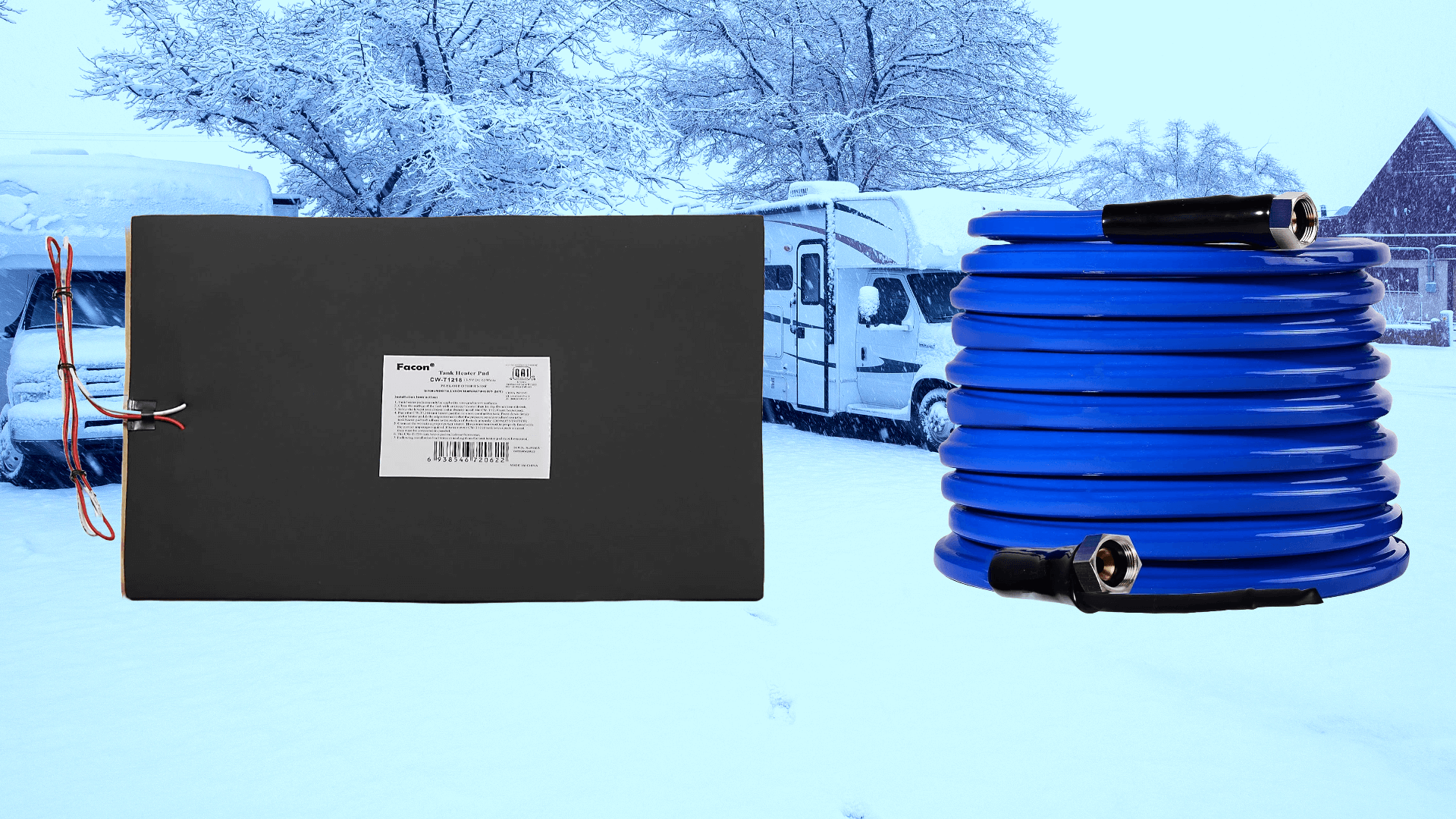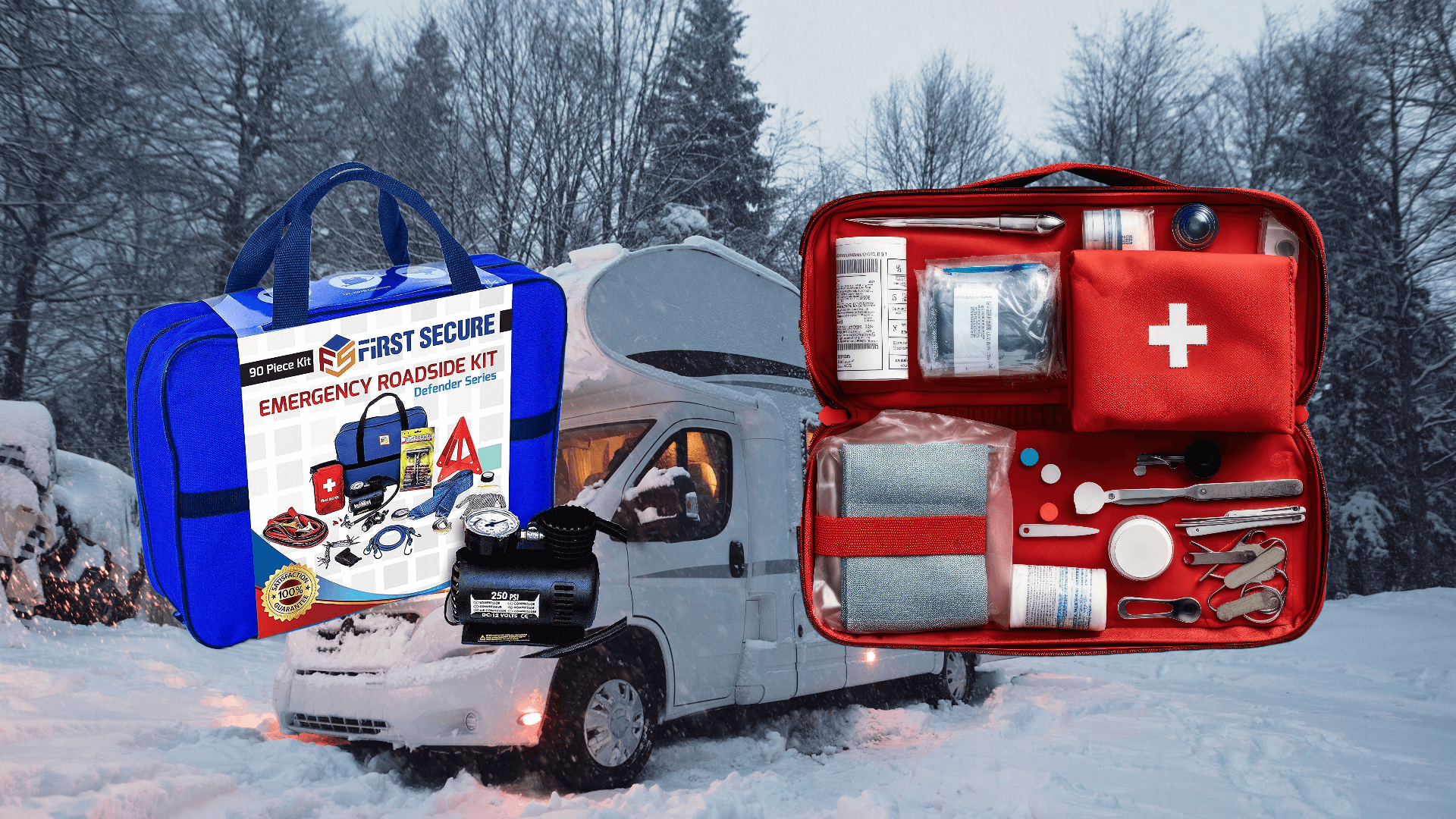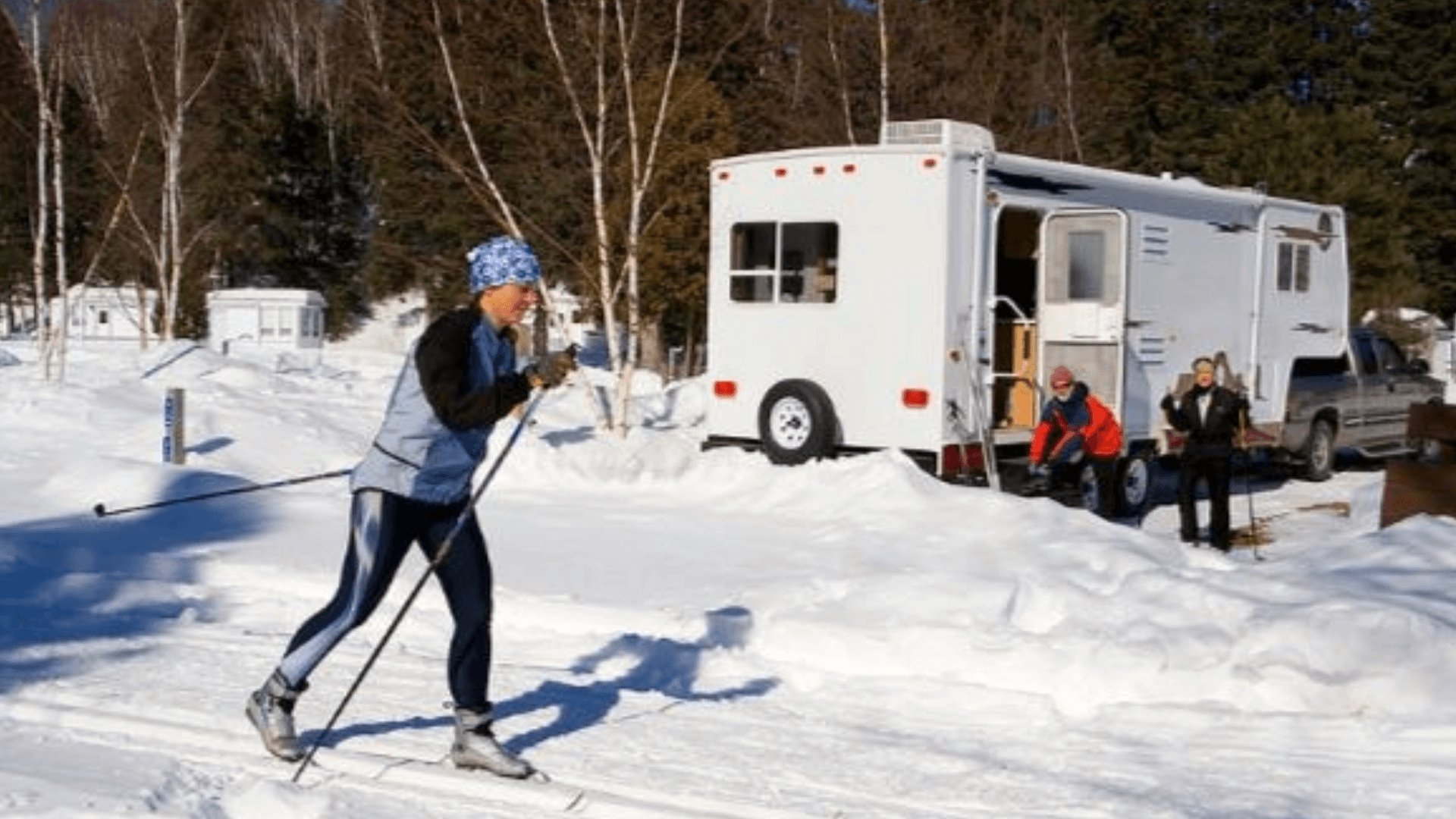- Home Page
- More RVing Tips & Tricks
- Challenges of Rving During Winter
Challenges of RVing During Winter: Tips and Tricks
Navigate through the challenges of RVing during winter travel with expert tips for a secure trip.
Recreational vehicles (RVs) offer the freedom to explore the open road and the comfort of home in one package. However, when winter blankets the landscape with snow and ice, RVing can present a unique set of challenges. Preparing for and overcoming these obstacles is essential for a safe and enjoyable winter RV adventure. Here are detailed tips and tricks for navigating through the challenges of RVing during winter.
Understanding the Risks of Winter RV Travel
Winter weather is unpredictable and can create dangerous road conditions. Subzero temperatures can cause water lines to freeze, while snow and ice accumulation can make driving hazardous. The reduced visibility during snowfall and the potential for winter storms demand extra caution and preparation from RVers.
To get started you might want to watch our video Winter RVing, The Good, The Bad and the Frosty.
You can subscribe to the Everything About RVing YouTube Channel for some great videos about RVing

Choosing the Right RV for Winter Travel
Not all RVs are created equal for winter travel. If you're in the market for a new RV or renting one, look for models labeled as 'four-season' or 'all-weather.' These RVs have upgraded insulation and heating systems designed to withstand colder temperatures.
Insulating Your RV for the Cold
One of the first steps in winter RV preparation is proper insulation. Insulating the walls, floors, and ceilings can keep the interior warm. It's also essential to protect water lines and tanks to prevent freezing. You can use specialized insulation materials like foam board or reflective foil to wrap around tanks and lines.
Safe Driving Techniques in Winter Conditions
When driving an RV during winter, slow and steady wins the race. Increased following distances, gentle braking, and smooth steering inputs are essential. It's also important to have the right tires and consider the use of snow chains in areas where ice and snow are prevalent.
Energy and Power Management in the Cold
RV batteries tend to drain faster in cold weather. To manage your energy use, consider upgrading to lithium batteries, which perform better in the cold, or investing in a generator. Solar panels can also be effective, but their efficiency drops in winter conditions due to shorter daylight hours and potential snow coverage
Staying Warm: Effective Heating Solutions
Keeping warm in your RV is about more than comfort; it's about safety. Using a high-quality furnace, portable heaters, and even heated blankets can make a big difference. Remember to maintain proper ventilation to avoid condensation and potential mold issues. You may also use RV vent insulation cushions to keep the warm air in your RV.
Coping with Snow and Ice on Your RV
Regularly removing snow and ice from your RV's roof, windows, and awnings is essential to prevent damage. Use a soft broom or brush to avoid scratching surfaces. Be aware of the weight limits of your RV's roof when it comes to snow accumulation.
Water Systems Management
Keeping your water flowing in winter conditions is a challenge. Use heated water hoses and tank heaters or tank heating pads (pictured above) to prevent freezing. It's also wise to keep your gray and black water tanks closed until you need to dump them to minimize the chance of any water freezing in the valves.
Staying Connected: Internet and Communication
Staying connected while RVing in winter is vital for safety and comfort. Investing in a reliable internet solution, like a Wi-Fi booster or satellite internet, can ensure that you stay in touch with weather updates and emergency services.
Stocking Up: Essentials for Winter RVing
A well-stocked RV is a happy RV. Ensure you have plenty of food, water, medications, and emergency supplies. Also, pack extra blankets and clothing layers. Preparing a checklist ensures you don't forget any essentials.
Emergency Preparedness
Always be prepared for emergencies. This means having a well-stocked first aid kit, knowing the location of nearby hospitals, and carrying a roadside emergency kit with items like flares, a shovel, and sand or cat litter for traction.
Finding Winter-Friendly Campgrounds
Not all campgrounds are open year-round. Research and plan your stops at campgrounds that are equipped for winter visitors, which can include having plowed roads, heated water sources, and other winter-specific amenities.
Winter Activities and Entertainment
Embrace the season by engaging in winter-specific activities. Whether it's snowshoeing, skiing, or simply enjoying the serene winter landscape, there are plenty of ways to make the most of your winter RV experience.
Conclusion
RVing during the winter presents unique challenges, from insulating your vehicle against the cold to navigating snowy roads. By following these tips and tricks, you can overcome the hurdles of winter travel and enjoy all the beauty and adventure that the season has to offer. Remember, preparation is key: insulate, drive safely, and stay warm. With the proper preparation and mindset, winter RVing can be an unforgettable experience filled with snowy landscapes, cozy evenings, and the freedom of the open road.
Pack your sense of adventure alongside your winter gear and get ready to experience an incredible journey. Stay safe, stay warm, and enjoy the winter wonderland that awaits you in your RV.
FAQ
Challenges of RVing During Winter: Tips and Tricks
What are the main challenges of RVing during winter?
What are the main challenges of RVing during winter?
The main challenges include hazardous road conditions due to snow and ice, freezing water lines, reduced visibility, increased energy use, and the need for proper insulation and heating to maintain warmth inside the RV.
How
can I insulate my RV for winter travel?
How
can I insulate my RV for winter travel?
Insulate your RV by applying materials like foam board or reflective foil to the walls, floors, ceilings, water lines, and tanks to keep the interior warm and prevent the water system from freezing.
What
features should I look for in an RV suitable for winter travel?
What
features should I look for in an RV suitable for winter travel?
Look for RVs labeled as 'four-season' or 'all-weather' because they come with upgraded insulation and heating systems designed to withstand colder temperatures.
How do I manage power and energy efficiently in my RV during winter?
How do I manage power and energy efficiently in my RV during winter?
To manage power efficiently, consider upgrading to lithium batteries, which perform better in cold weather, using a generator, or installing solar panels, keeping in mind their efficiency may decrease in winter conditions.
